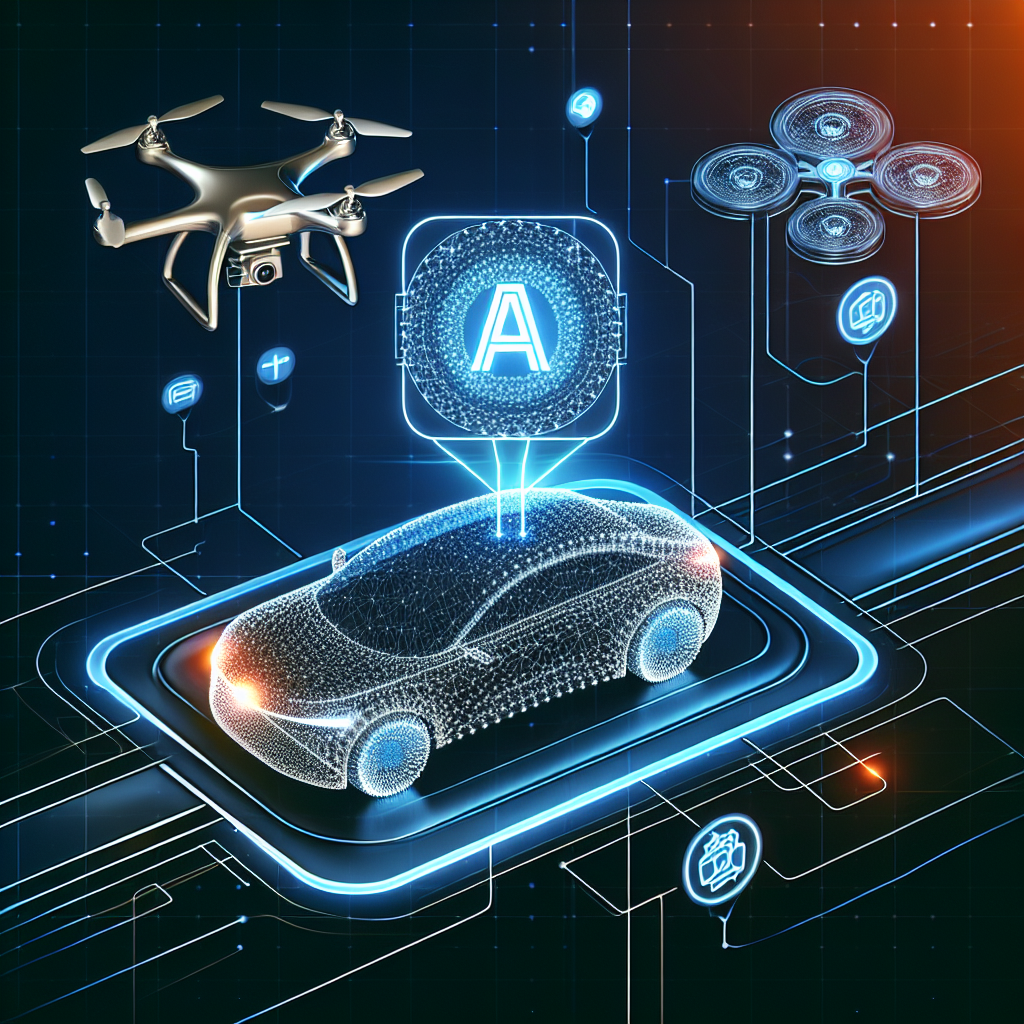The Future of AI Platforms in Autonomous Systems
Artificial Intelligence (AI) has been a hot topic in recent years, with advancements in machine learning and deep learning driving innovation across various industries. One of the most exciting applications of AI is in autonomous systems, where machines are able to perform tasks without human intervention. From self-driving cars to drones to robotic assistants, AI is revolutionizing the way we interact with technology.
AI platforms are at the heart of these autonomous systems, providing the tools and algorithms needed to make intelligent decisions in real-time. These platforms are constantly evolving, with new technologies and capabilities being developed to handle increasingly complex tasks. In this article, we will explore the future of AI platforms in autonomous systems and the impact they will have on our daily lives.
The Evolution of AI Platforms in Autonomous Systems
AI platforms have come a long way since the early days of artificial intelligence. In the past, AI systems were limited by the computing power available and the complexity of the algorithms that could be implemented. However, with the advent of deep learning and neural networks, AI platforms have become much more powerful and versatile.
Today, AI platforms are able to process vast amounts of data in real-time, making split-second decisions that would be impossible for a human to make. These platforms are also able to learn from their mistakes, improving their performance over time through a process known as machine learning. This ability to adapt and improve is what makes AI platforms so well-suited for autonomous systems.
The Future of AI Platforms
The future of AI platforms in autonomous systems is bright, with new technologies and capabilities being developed at a rapid pace. One of the key areas of focus for AI platforms is in the development of more advanced algorithms that can handle complex tasks with greater efficiency. For example, researchers are working on algorithms that can process natural language in real-time, allowing autonomous systems to interact with humans in a more natural way.
Another area of focus is in the development of AI platforms that can work together in a collaborative manner. This could involve multiple autonomous systems sharing data and coordinating their actions to achieve a common goal. For example, a fleet of self-driving cars could communicate with each other to optimize traffic flow and avoid accidents.
AI platforms are also being developed to handle tasks that require a high degree of precision and accuracy. For example, robotic surgeons are being developed that can perform delicate surgeries with greater precision than a human surgeon. These platforms are able to analyze data from medical imaging scans and make decisions in real-time to ensure the best possible outcome for the patient.
The impact of AI platforms in autonomous systems is already being felt across a wide range of industries. For example, in agriculture, autonomous drones are being used to monitor crop health and apply pesticides with greater precision. In manufacturing, robotic arms are being used to assemble products with greater speed and accuracy. In healthcare, AI platforms are being used to analyze medical data and provide personalized treatment plans for patients.
FAQs
Q: Will AI platforms replace human workers in autonomous systems?
A: While AI platforms have the potential to automate many tasks currently performed by humans, they are unlikely to completely replace human workers. Instead, AI platforms will augment human capabilities, allowing us to work more efficiently and safely.
Q: Are AI platforms safe to use in autonomous systems?
A: AI platforms are designed to be safe and reliable, with built-in safeguards to prevent accidents and errors. However, like any technology, there is always a risk of malfunctions or hacking. It is important to thoroughly test AI platforms before deploying them in autonomous systems and to have backup systems in place in case of emergencies.
Q: What are the ethical implications of using AI platforms in autonomous systems?
A: The use of AI platforms in autonomous systems raises a number of ethical questions, such as how to ensure the safety of users and how to protect privacy. It is important for developers and policymakers to address these issues proactively to ensure that AI technology is used responsibly.
In conclusion, the future of AI platforms in autonomous systems is bright, with new technologies and capabilities being developed at a rapid pace. These platforms have the potential to revolutionize the way we interact with technology and to improve our lives in countless ways. With the right safeguards and ethical considerations in place, AI platforms have the potential to transform the world as we know it.

